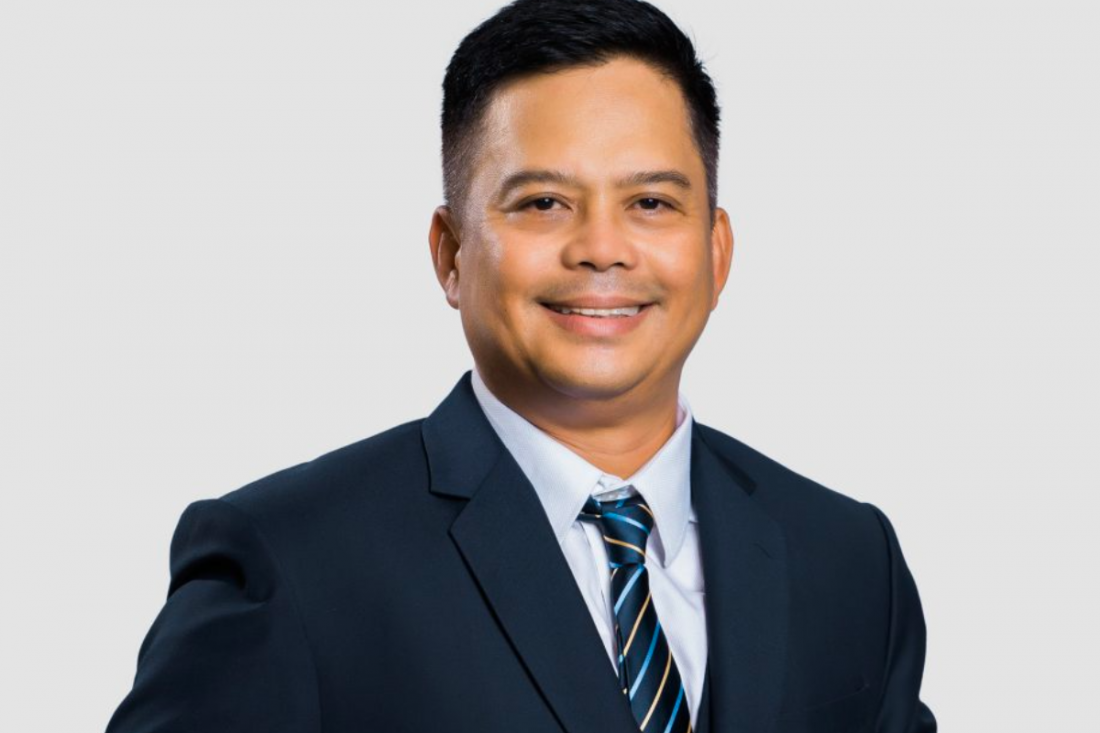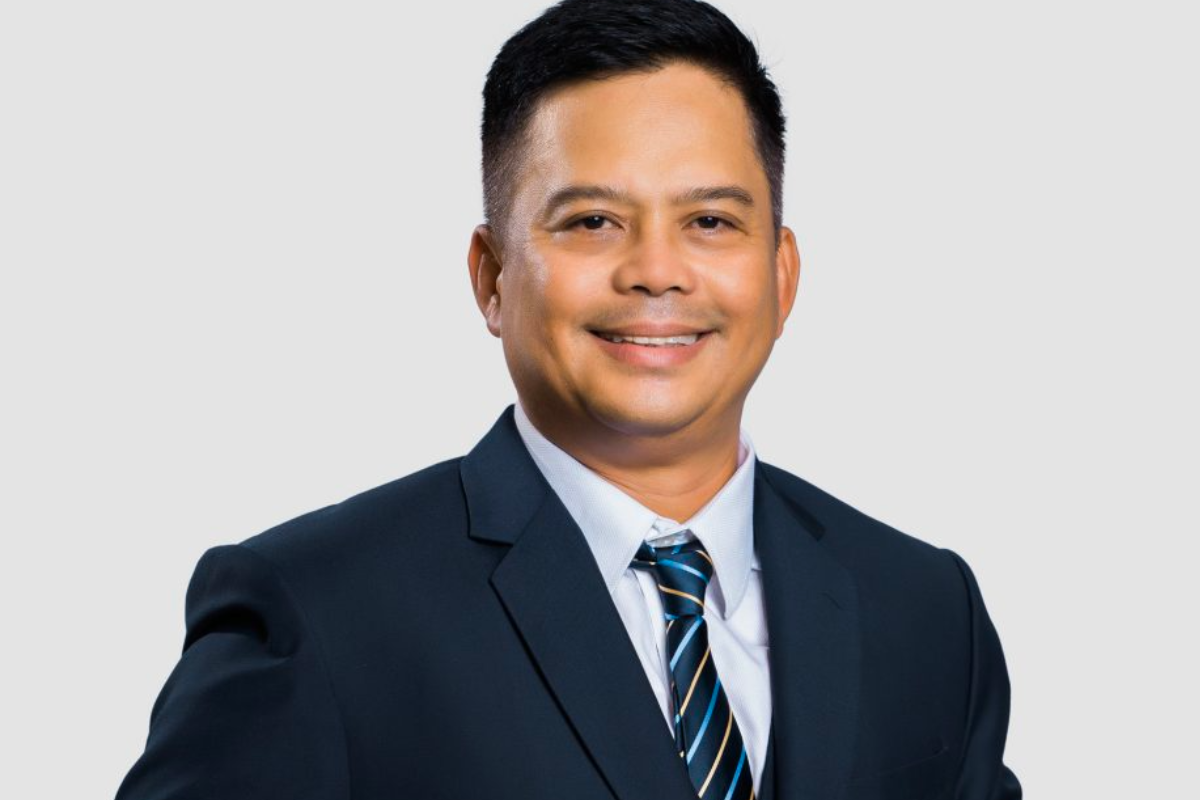The world’s renewed focus on health and sustainability has caused the purveyors of both to enhance their mission and values. After all, societal standards have increased, and they still want to be leading the charge.
Internally, these companies are making sure their teams are all on the same page. This uniformity must come from the top, something Dole Philippines Managing Director Rey Doria is well aware of.
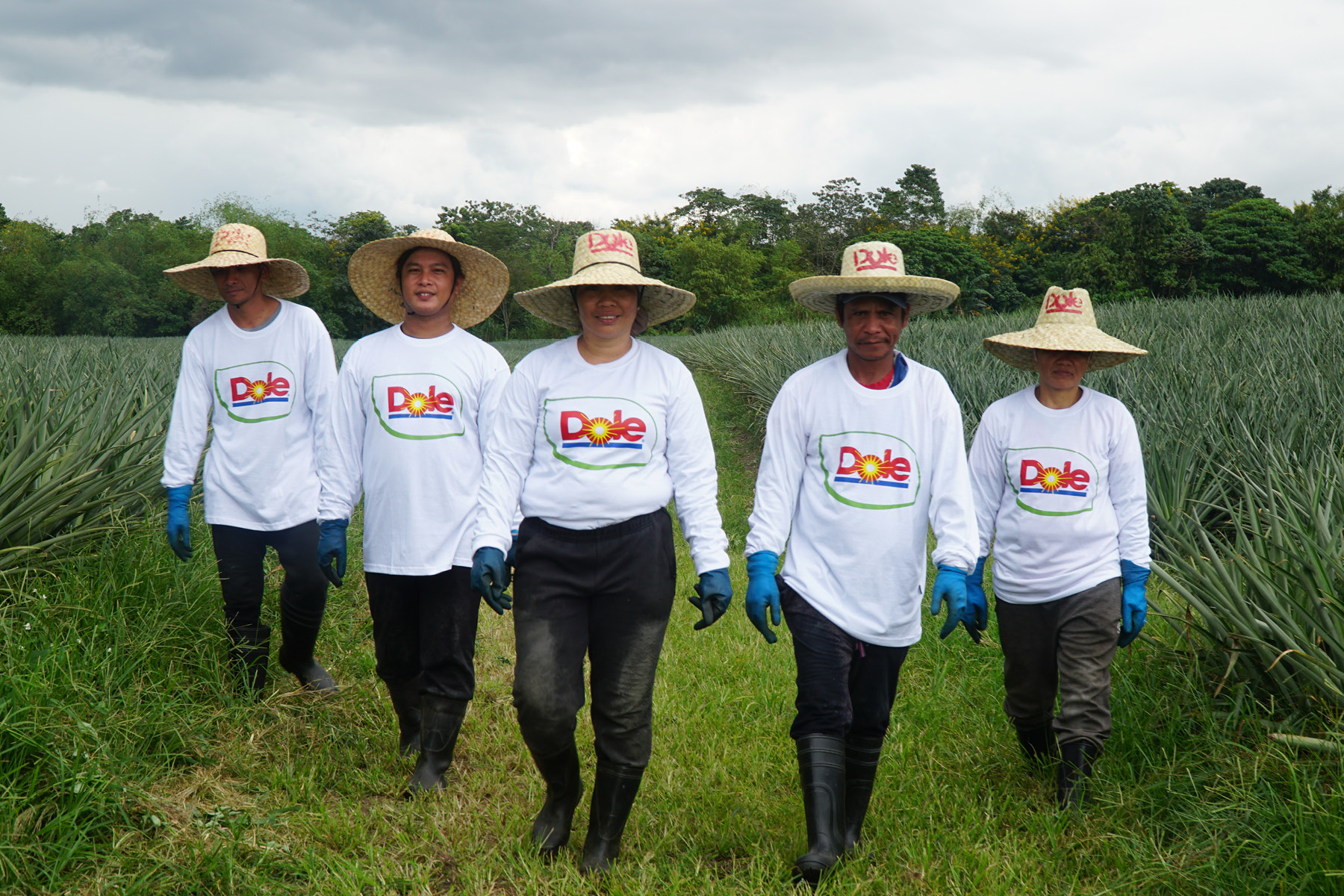
“We are on track in keeping our promise to our planet.”
“When I first arrived here at Dole in September of 2021, my first task was reviewing the company’s mission and vision,” he says. “Then, I had to make sure I had the right team to help me achieve that mission and vision.”
This was nothing new to Doria, who’d achieved comparable harmony during his time at Coca-Cola FEMSA Philippines and Philip Morris International. The difference at Dole Philippines was its mission – to deliver high-quality, fresh and packaged fruit with a positive impact on people, planet and prosperity.
Local Difference
As the Asian arm of multinational fruit and vegetable producer Dole, it has different market requirements and agricultural and industrial challenges, so for Doria, finding people who understood those regional specifics with a world-class operational mindset was crucial.
“Back then, of course, was during the height of the COVID-19 pandemic,” he says. “But we started to review our processes and opportunities across the value chain.”
With the team aligned under its parent company’s (ITOCHU Corporation) philosophy of Sanpo Yoshi – ‘Good for the seller, good for the buyer and good for the society’, Dole Philippines has begun its transformation journey in becoming a world-class operation.
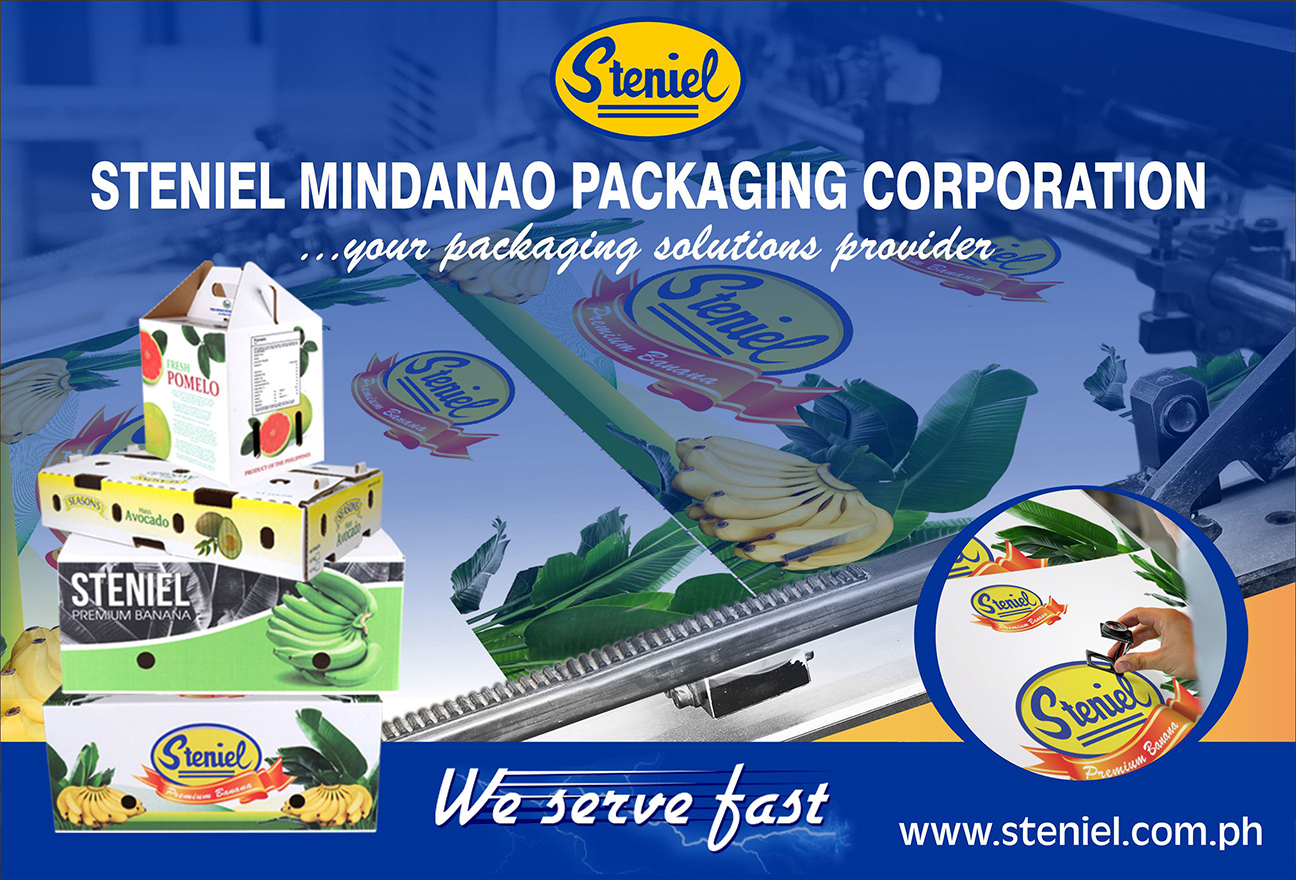
Advertisement
“During the pandemic, there were limited ships to bring our products to our exports market, especially in our packaged fruit business,” he says. “As the situation got better, there were more vessels available, and our market service level has improved. There were operational efficiency opportunities that we identified and started working on.”
Over time, Doria and his team continued the transformation journey toward loss elimination, improving efficiencies and fulfilling its ESG goals.
“We’re making headway in our improvements but there are still lots of opportunities to work on,” he says. “We are on track in keeping our promise to our planet.’
One of the company’s promises is to create shared value for all stakeholders. It continuously works to communicate with employees, suppliers and local government organizations so they are fully on board and aligned with its transformation journey.
“Our product demand is continuing to grow, hence, we have to continuously grow as well,” he says. “Our growth will come from our increased operational efficiency and increased agriculture and industrial capacity to support the market demand.”
Tech Investment
Dole Philippines has invested in both supply chain digitalization capabilities and in precision agriculture operations. Its integrated planning system control tower, from demand planning to supply planning, helps it align its manufacturing schedules with market demand to improve its service level performance and inventory optimization.
“We are also working on digitizing our agriculture operation transactions to improve our farm execution and harvest forecasting through AI data analytics,” Doria says. “We use satellite imaging and drone capability to better understand the conditions of our plantations, which enables us to respond faster to areas of concerns and assess the plantation health and yield potential.”
Automation is another area of innovation Dole Philippines is keen to pursue, but Doria says it, too, must be used selectively. “We wouldn’t just automate for the sake of it. It’s a big investment, so it should be used at the right time to get the highest return on the investment,” he says.
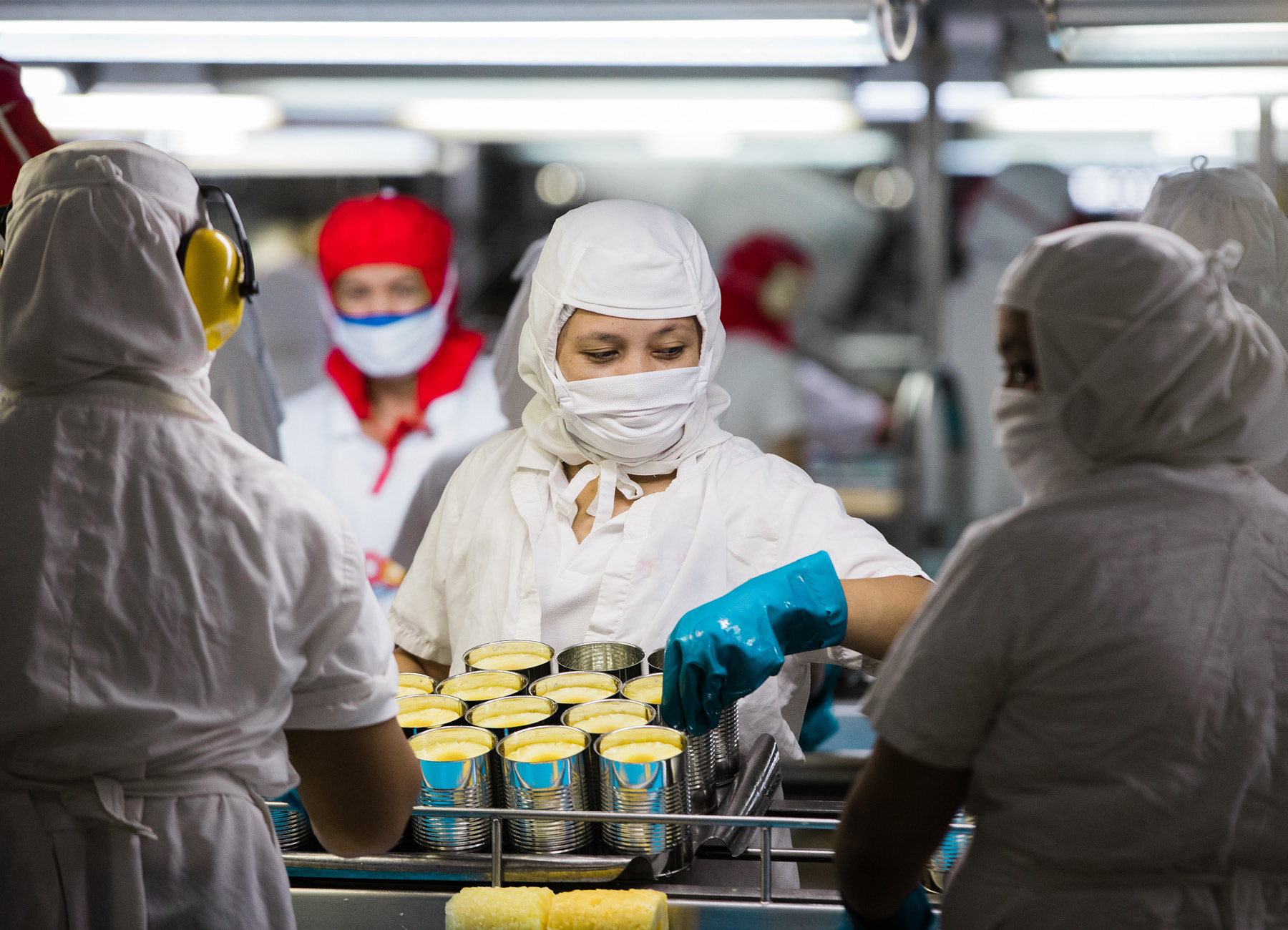
To increase its contribution to the fight against climate change, and to fulfill the second and fourth Dole promises of zero fruit loss and net zero carbon in its operations, Dole Philippines has made some strategic partnerships.
These include Metro Pacific Investments’ SBVC for a biogas generation plant, which is powered by the pineapple pulp waste material from its production processes. This is converted to methane gas, which powers its boilers instead of diesel.
“The Biogas plants are located right beside our manufacturing operations and have been very beneficial for us,” Doria says. “We’ve also partnered with Steniel Mindanao Packaging for quality paper-based packaging and waste management.”
These steps have provided Dole Philippines with a firm foundation for future improvement and growth, both of which Doria is keen to pursue with gusto.
“You have to think beyond what’s available now and look for other opportunities to explore,” he says.
“This includes new products, new technologies to adopt and new ways to improve our agriculture and industrial operations to remain efficient, effective and competitive.”
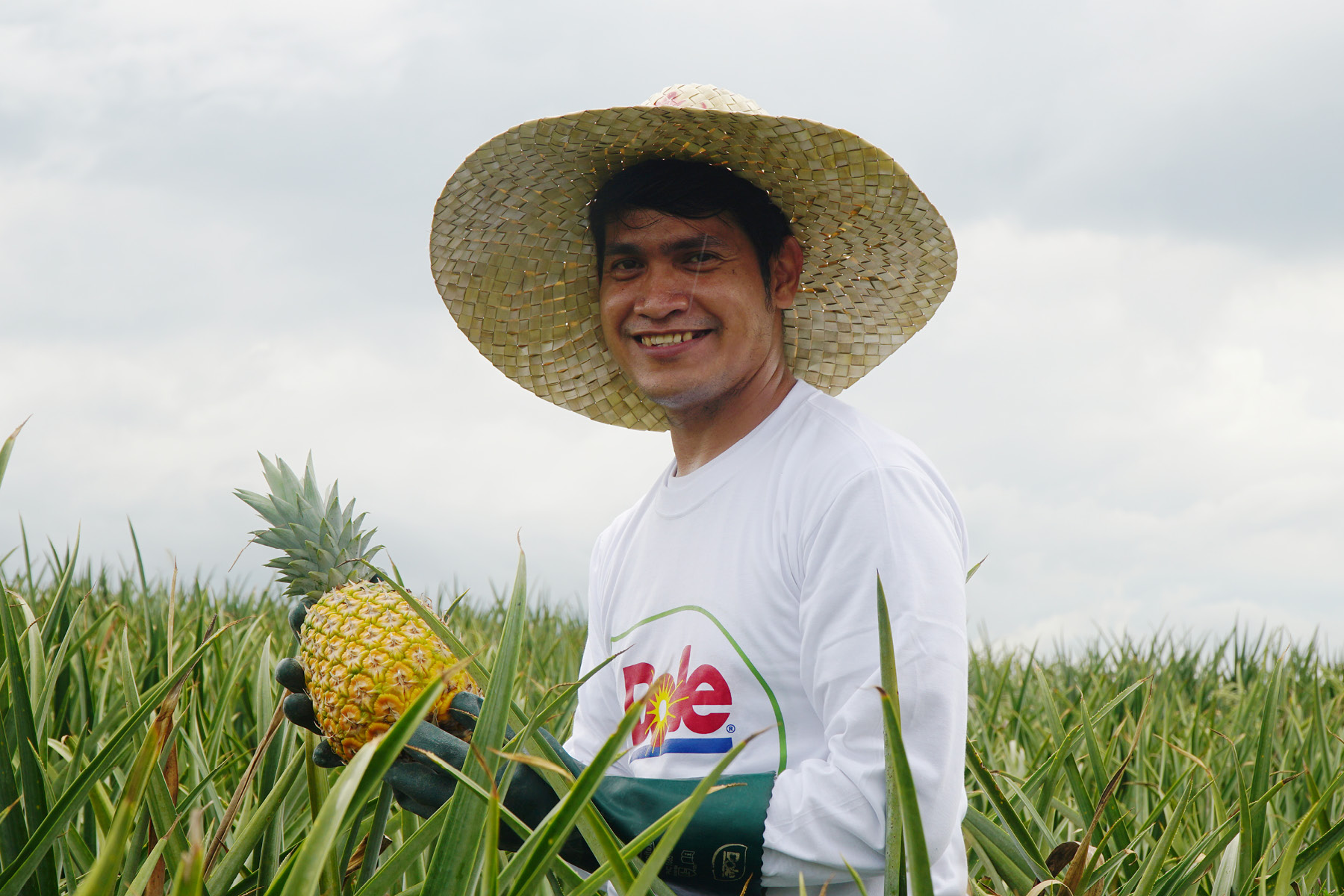
“Demand is continuing to grow, hence, we have to continuously grow.”
The challenge Dole Philippines and its peers face is unique and foreboding. “Global climate change unpredictability and impact to our operations and harvest weather is a continuous learning curve for us,” Doria says. “We cannot fully quantify the impact it will bring us but we can prepare and be agile in case those conditions happen.”
Coupled with inflationary changes, it’s a factor Doria hopes he can mitigate through streamlining Dole’s operations. “We can still come out competitive and affordable if we eliminate our losses and improve our yield and efficiencies.”
As Dole Philippines celebrates its 60th anniversary, Doria feels the business is in a good place. While there’s always room for improvement, and powerful headwinds lie on the horizon, the company’s mindset – to be a world-class organization in providing quality, fresh and packaged fruit – is equally strong.
“Are we there yet on our mission? Not yet, because it is a huge operation,” he says. “Our journey continues and we’re on the right track. The direction is very clear.”

